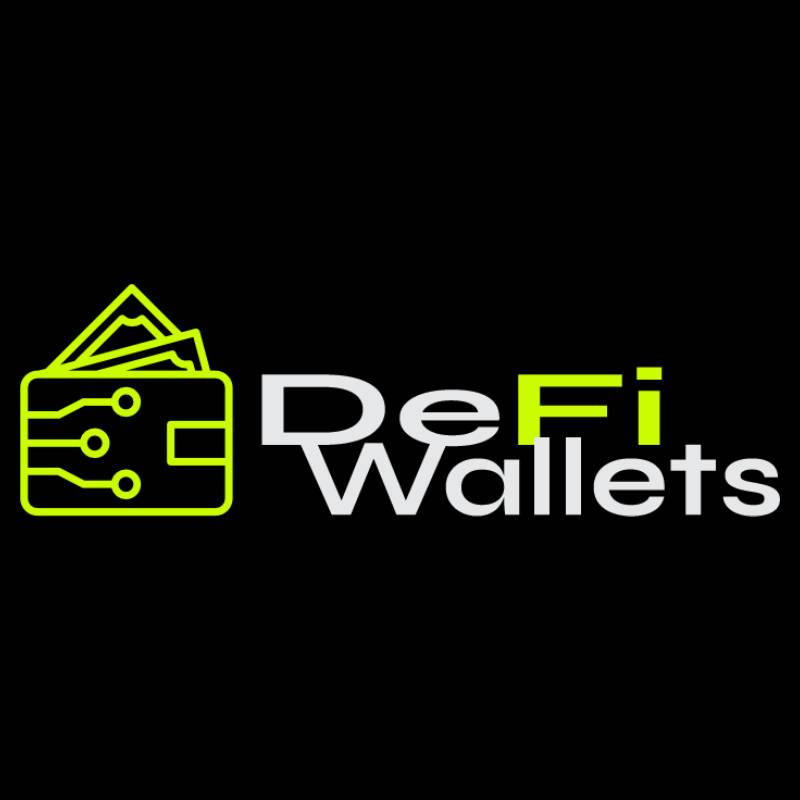How to Contact Crypto Wallet Refund Customer Care
Crypto Wallet Refund: What You Need to Know in Defi
+1(808) 493 1756
As decentralization continues to reshape the financial world, DeFi (Decentralized Finance) is empowering individuals with full control over their digital assets. But with this freedom comes responsibility—and occasionally, questions around lost funds, unauthorized transactions, or refund possibilities.
At DeFi Crypto Wallets, we help users navigate the powerful world of crypto wallets with clarity and confidence. If you're searching for guidance on crypto wallet refunds, this page is for you.
Get a Refund from a Crypto Wallet
Unlike traditional banking systems or centralized platforms, DeFi wallets are non-custodial. This means:
You control your private keys
- No third party (like a bank or wallet provider) holds or manages your funds
- Transactions are irreversible once confirmed on the blockchain
So, are refunds possible?
In most DeFi wallet scenarios, refunds are not automatically available—especially if the transaction was approved and signed by the wallet owner.
However, depending on the situation, you may still have options.
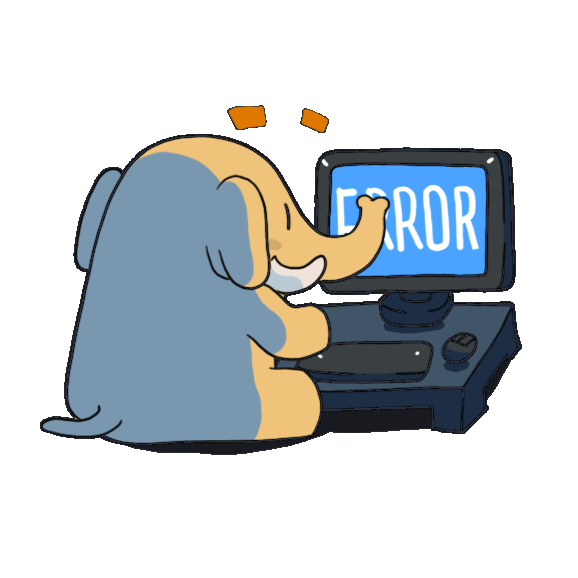

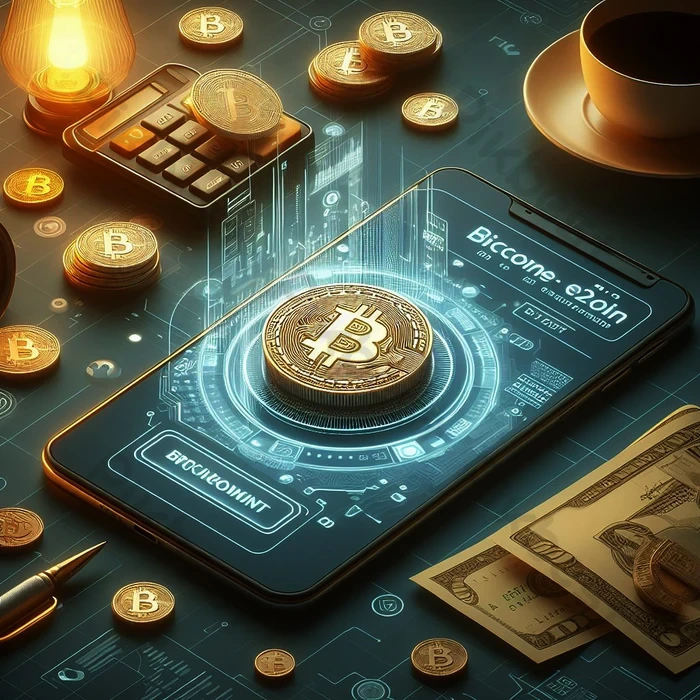

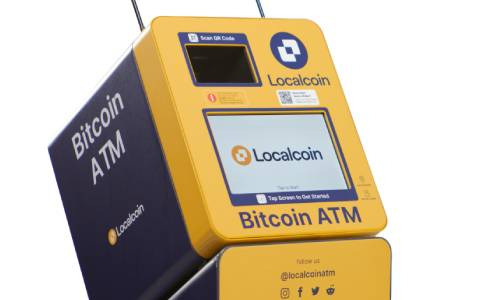
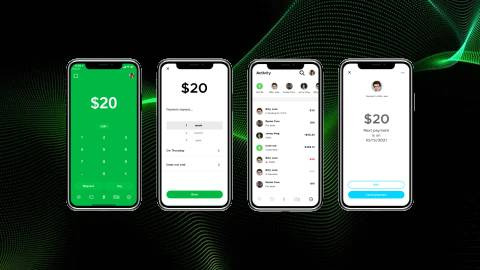
Common Scenarios and Solutions
Sent Crypto to the Wrong Address
- Unfortunately, blockchain transactions are final. If you sent funds to an incorrect or inactive wallet, there’s no way to reverse it unless the receiving party voluntarily returns them.
Victim of a Scam or Phishing Attack
- If you’ve approved a malicious transaction, your wallet may have been compromised.
- You should revoke access immediately using tools like Revoke.cash.
- Then, transfer remaining assets to a secure new wallet and report the scam to platforms like Chainabuse or local authorities.
Issues with DApps or Failed Transactions
- Some smart contracts may refund failed transactions (minus gas fees). Always check transaction status on blockchain explorers like Etherscan or BSCScan.
- Contact the specific DApp's support team—not the wallet provider—for disputes or refund requests.
Understanding DeFi Wallets
A DeFi wallet—such as MetaMask, Trust Wallet, SafePal, or Rabby—is a gateway to the decentralized world, but it does not function like a customer support platform. These wallets:
- Don’t store your keys or passwords
- Don’t have access to your transactions
- Can’t reverse or refund funds
You—and only you—have the power and responsibility to manage your assets securely.
How DeFiCryptoWallets.com Can Help
Educational guides on using and securing DeFi wallets
Comparisons of the most secure wallets
Tips for avoiding scams and protecting your assets
Advice on recovering access to a lost wallet (if you still have your seed phrase)
Frequently Asked Questions (FAQ)
1. What is a DeFi wallet?
A DeFi wallet is a non-custodial crypto wallet that allows you to store, send, receive, and interact with decentralized applications (DApps) without relying on centralized institutions. You control your private keys and your assets—no middlemen involved.
2. Can I get a refund if I sent crypto to the wrong address?
Unfortunately, blockchain transactions are irreversible. If you send crypto to the wrong wallet address, there is no guaranteed way to recover it unless the recipient voluntarily returns the funds. Always double-check the address before confirming a transaction.
3. What if I was scammed? Can I recover my crypto?
If you've fallen victim to a scam:
- Immediately revoke DApp access using tools like Revoke.cash
- Transfer remaining funds to a new wallet
- Report the scam to blockchain investigators (e.g., Chainabuse.com) and, if applicable, local authorities
Sadly, most DeFi-related scams are hard to recover from, but taking swift action can minimize further losses.
4. Can DeFiCryptoWallets.com help me recover lost funds or issue refunds?
No, we are not a wallet provider or a custodial service. We offer unbiased education, wallet reviews, security tips, and setup guides. For wallet recovery or lost funds, your best chance depends on having access to your recovery phrase (seed phrase).
5. What is a seed phrase and why is it important?
A seed phrase is a 12–24 word recovery key that gives access to your wallet and funds.
🚨 If you lose your seed phrase, your funds cannot be recovered.
Keep it private, secure, and offline. Never share it—not even with “support” agents.
6. Which is the best DeFi wallet to use?
It depends on your needs. Here are some popular options:
- MetaMask: Best for browser-based DeFi access (Ethereum and EVM chains)
- Trust Wallet: Mobile-friendly, multi-chain support
- SafePal: Hardware wallet features + mobile support
- Rabby Wallet: User-friendly alternative to MetaMask with better DApp UI
👉 Visit our Wallet Reviews section to compare features.
7. Are DeFi wallets safe to use?
Yes, as long as you follow good security practices:
- Only download wallets from official sources
- Never share your seed phrase
- Use hardware wallets for large amounts
- Revoke DApp access regularly
- Enable extra security layers (e.g., passcodes, biometric locks)
8. How do I start using a DeFi wallet?
Choose a wallet (like MetaMask or Trust Wallet)
Install it from the official site or app store
Create a new wallet and securely save your seed phrase
Add crypto to your wallet
Connect it to DeFi platforms like Uniswap, Aave, or PancakeSwap
Check our Beginner’s Guide on the homepage to walk you through step-by-step.
9. Can I use one DeFi wallet for multiple blockchains?
Yes! Many DeFi wallets support multi-chain functionality, including Ethereum, BNB Chain, Polygon, Arbitrum, and more.
Look for wallets like Trust Wallet, SafePal, or Rabby for seamless cross-chain access.
10. I lost access to my wallet. What can I do?
If you have your seed phrase, you can restore your wallet using any compatible wallet app.
If not, there is no way to recover your funds. This is why seed phrase storage is critical.
Read Latest Blog:
How to Withdraw Crypto Without Paying Taxes
Withdrawing crypto without paying taxes is illegal in most jurisdictions. To minimize taxes legally, consider holding long-term, using tax-advantaged accounts (if available), or relocating to crypto-friendly regions. Always consult a licensed tax professional before making decisions.
How to Exchange Tether to US Dollar
To exchange Tether (USDT) to US Dollars (USD), use a centralized exchange like Coinbase, Binance, or Kraken. Sell your USDT for USD, then withdraw the funds to your linked bank account. Ensure KYC verification is complete beforehand.
How to Withdraw USDT Using Phantom Wallet
To withdraw USDT using Phantom Wallet, first ensure it's on the Solana network. Send USDT to a supported exchange like Binance or Coinbase by entering your deposit address, confirm the transaction, and complete the withdrawal process on the exchange platform.
How to Send USDT from Trust Wallet to Binance
To send USDT from Trust Wallet to Binance, copy your Binance USDT deposit address, open Trust Wallet, select USDT, tap “Send,” paste the address, enter the amount, choose the correct network (e.g., BEP20 or ERC20), and confirm.
How to Convert USDT to USD on Crypto.com
To convert USDT to USD on Crypto.com, open the app, go to the “Accounts” tab, select your USDT wallet, tap “Sell,” choose “Fiat Wallet,” enter the amount, and confirm the transaction to receive USD.
How to Defi Wallet Customer Support Number
DeFi wallets have customer support phone numbers. You control your funds and keys, so there’s no central team to call. Always use official channels or communities for help—never share your seed phrase.
Contact us
- +1(808) 493 1756
- info@deficryptowallets.com
- 339 1st Ave, New York 10003, USA
